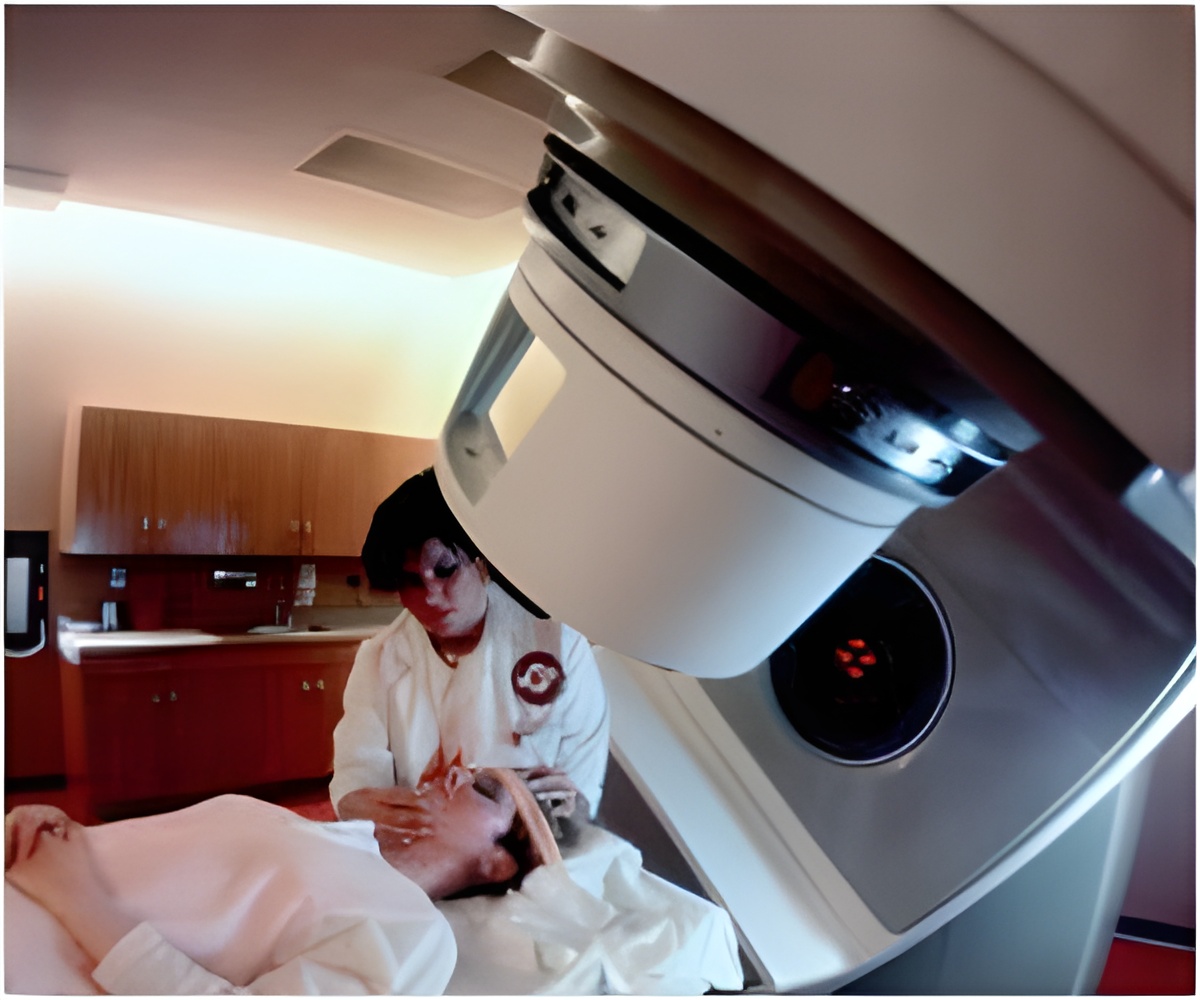
Desmoid-type fibromatosis, a rare form of cancer, is a soft tissue neoplasm that can recur frequently but is not metastatic. The survival prognosis for patients with this disease is good, but due to the frequent recurrences, the consequences of treatment can lower functional outcomes and quality of life. Desmoid-type fibromatosis strikes most frequently in persons between 30 and 40 years of age.
The first line of treatment for patients with desmoid-type fibromatosis is usually surgery, so the phase 2 EORTC 62991-22998 trial was conducted to determine if moderate doses of radiotherapy might improve outcome for patients with inoperable and progressive disease or in cases of expected extensive and mutilating surgery. The primary endpoint was local control rate at three years, and secondary endpoints were objective tumor response, acute toxicity, and late toxicity.
Dr. Winette van der Graaf of the Radboud University Medical Center, Nijmegen, The Netherlands, and Chair of the EORTC Soft Tissue and Bone Sarcoma Group says, "Desmoid- fibromatosis remains a challenge for surgeons, radiotherapists and medical oncologists. This study has generated valuable information about radiotherapy as an option for patients with desmoid-type fibromatosis which can be discussed at future multidisciplinary sarcoma tumor boards."
EORTC trial 62991-22998 enrolled 44 patients, 27 females and 17 males, between 2001 and 2008 in twelve sites located in five countries: Belgium, Germany, Poland, The Netherlands, and the United Kingdom. The median age was 39.5 years, and the main tumor sites included trunk 15 (34.1%) and extremities 27 (61.3%). At a median follow up of 4.8 years, the 3-year local control rate was 81.5%.
The best overall response during the first three years was: complete response in six patients (13.6%); partial response in 16 patients (36.4%); stable disease in 18 patients (40.9%); progressive disease in three patients (6.8%). One patient (2.3%) was non-assessable.
Advertisement
Source-Eurekalert















